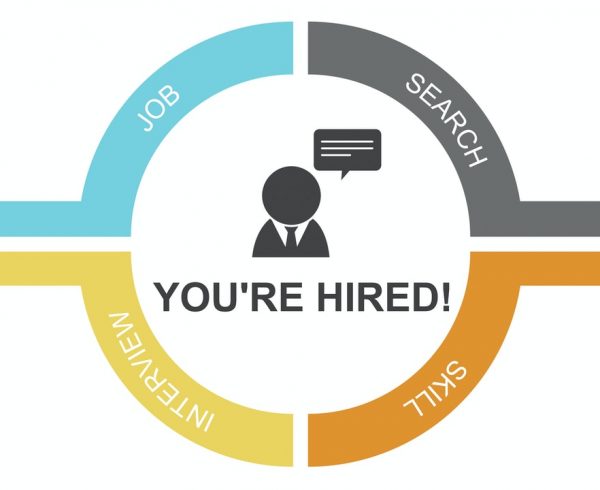You have no doubt heard the warnings about Artificial Intelligence (AI) continuing to change the landscape of work, rendering many jobs and industries redundant. Our children and teens are being cautioned to choose their career paths carefully, and we are all being told to become more technical to avoid career crisis.
While we do need to accept that there will be industries and businesses impacted by technology and understand technology to be able to work more intelligently with it, the reality is, the only way to genuinely future proof ourselves in the workplace is to become more human.
Technology will continue to advance and become more sophisticated, and it will continue to take the functional and repetitive process work out of the workplace as employers continue to prioritise efficiency.
But the fact remains. There is nothing more advanced or sophisticated as the human brain. Artificial Intelligence remains just that – artificial. With this in mind here are three human skills you can develop to help future proof your career.
1. Develop your Emotional Intelligence
Emotional intelligence, the capacity to be aware of, understand, control, and express your emotions and those of others, is a skill that is highly valued in the workplace. It allows you to handle interpersonal relationships empathetically and judiciously, regulate your emotions in all kinds of situations and be sensitive to the needs and feelings of others.
It helps you to pay attention to what is going on in your surroundings and take note of the feelings, expressions, and behaviours of the people around you and adapt your behaviour and emotional response accordingly.
AI will have hundreds or thousands of decisions or responses to choose from, and algorithms will help determine the best option, but when it comes to emotions and temperament, reading body language and being intuitive to needs, AI is bound to fail.
Think of a teacher in a classroom, while the curriculum might be clear, the needs of students and how they will react to any given situation or class can’t be. A teacher needs to be able to read a situation, sense how their students are coping with the material and manage and anticipate unpredictable feelings, emotions and outbursts when required.
2. Increase your empathy
Another crucial skill, which forms part of emotional intelligence, is empathy. The ability and willingness to step into someone else’s shoes and acknowledge their view, while also being aware of their needs and feelings.
Empathy is what produces a caring, supportive and inclusive workplace culture. It also allows you to connect with others more effectively, build rapid rapport, diffuse workplace conflict and irate customers quickly, negotiate more fairly and successfully and act more compassionately.
While AI may be able to perform intricate surgery accurately, it is empathy that will provide the comfort and reassurance to a distressed parent or a scared patient. It is empathy that will ensure the caring, nurturing and compassionate aftercare that will aid a patient’s recovery.
3. Value your Creativity
As they say, creativity is the mother of invention. It is what enables us to solve complex problems, generate new ideas, invent new concepts and products, be innovative in our approach and think outside of the box.
Unlike AI, an algorithm does not limit our thinking. We can approach situations and challenges with a highly valued level of unpredictability that can’t ever be replicated.
So while there may be jobs and even industries that can be automated, there are still many roles – and elements of roles – that are inherently human. We can embrace ambiguity, understand paradox and have the ability to adapt our emotions, responses and ourselves to suit different problems, situations and people.
If you want to future proof your career, the path forward is clear – you need to embrace your humanity and all of the strengths, quirks and skills that make you human.







